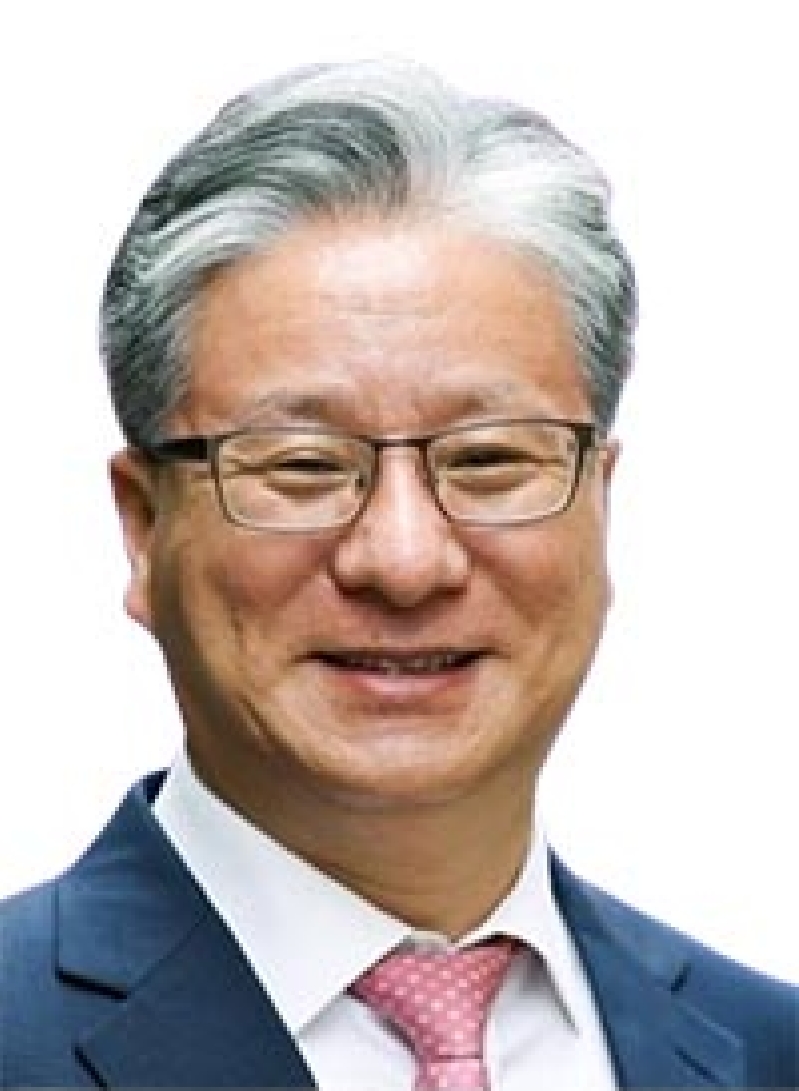
A growing debate surrounding physician-assisted suicide (PAS) has raised fundamental ethical questions about the role of doctors in society. Should medical professionals, whose primary duty is to heal and preserve life, be permitted to assist in ending it? While some argue for the right to die with dignity, others warn of the dangerous implications of normalizing euthanasia. The essence of medical ethics is at stake, and the global medical community continues to grapple with this contentious issue.
A term known as "wordplay" is a seemingly harmless linguistic twist that can carry a fatal poison for humanity. The Greek prefix eu means "good," yet when applied to dangerous actions, it creates misleading expressions that obscure the true implications of those actions.
For example, the word "euthanasia" originates from the Greek eu (good) and thanatos (death), meaning "good death." However, in reality, euthanasia carries a grave ethical concern—it involves ending a human life, regardless of the justification. Similarly, "eugenics" stems from eu (good, superior) and genos (birth, lineage). History has shown the dark consequences of eugenics, with its ties to racial discrimination, forced sterilization, and genocidal atrocities.
Throughout history, medical professionals have been manipulated by corrupt political ideologies to justify unethical practices. Nazi Germany and Imperial Japan conducted horrific human experiments under the guise of scientific progress, and eugenics-driven policies resulted in mass exterminations. Even today, politicians exploit medicine for political purposes, causing harm to society. In response, ethical physicians worldwide are speaking out against these injustices. Their message is clear: "A doctor is a healer, not a killer."
The Ethical Stance of South Korean Physicians
In South Korea, physician-assisted suicide (PAS) is strictly prohibited under criminal law. According to Article 252 of the Criminal Act:
-
A person who kills another upon their request or with their consent shall be punished by imprisonment for not less than one year and not more than ten years.
-
A person who incites or aids another in committing suicide shall be subject to the same punishment as outlined in paragraph one.
Although a legislator attempted to legalize PAS under the euphemism of "dignified assisted death" during the 21st National Assembly, strong opposition from medical organizations, religious communities, and pro-life advocacy groups prevented its enactment. Despite this resistance, the same legislator has reintroduced the bill in the 22nd National Assembly, sparking renewed controversy. If passed, this law would essentially grant physicians a license to kill, a concept fundamentally opposed to the ethical principles of the medical profession.
The Stance of the Korean Medical Association (KMA)
The 2017 revision of the Korean Medical Association's (KMA) Code of Ethics explicitly prohibits euthanasia:
-
A physician shall not administer lethal substances or take any active measures intended to hasten a patient's death.
-
A physician shall not provide any means to assist a patient in committing suicide.
Furthermore, the KMA Policy Statement declares unequivocal opposition to PAS, stating that assisting in a patient's suicide contradicts a doctor's fundamental role as a healer. Key points from the policy include:
-
A doctor’s ethical duty is to preserve life, not to facilitate its termination.
-
PAS is a criminal act that constitutes aiding and abetting suicide.
-
Physicians must seek alternative solutions to address a patient’s suffering rather than resorting to PAS.
-
The right to self-determination does not extend to ending one’s own life with medical assistance.
-
Society must focus on strengthening palliative care and hospice systems to support terminally ill patients rather than offering physician-assisted suicide as an option.
The Media's Role in Shaping Public Perception
Recently, a major South Korean newspaper published an article titled “Reducing the Pain of Death: 82% of Citizens Support Assisted Dying” (JoongAng Ilbo, February 23). The journalist, citing a study by the Korea Institute for Health and Social Affairs, framed the data in a way that seemed to advocate for PAS. However, upon closer examination, the report’s key message was about expanding hospice care and providing education on death preparation—far from an endorsement of physician-assisted suicide. Unfortunately, the journalist cherry-picked statistics and crafted a sensationalized headline, misleading readers and distorting the intent of the research.
Human life does not lose value at any stage—from birth to death, it remains equally precious. Misleading media narratives that trivialize life and glorify a culture of death must be challenged. Responsible journalism should guide society toward valuing life, promoting compassionate care for the elderly and terminally ill, and fostering a culture of dignity and respect for all individuals.
It is imperative that journalists uphold their ethical duty to report the truth and contribute to a society that values life over death.

By Myung-Jin Lee
Executive Director, Korean Christian Bioethics Association
Former Director, Seongsan Bioethics Research Institute
Founding President, Medical Ethics Research Association
*This article is a translated and edited version of Christian Today Column.







